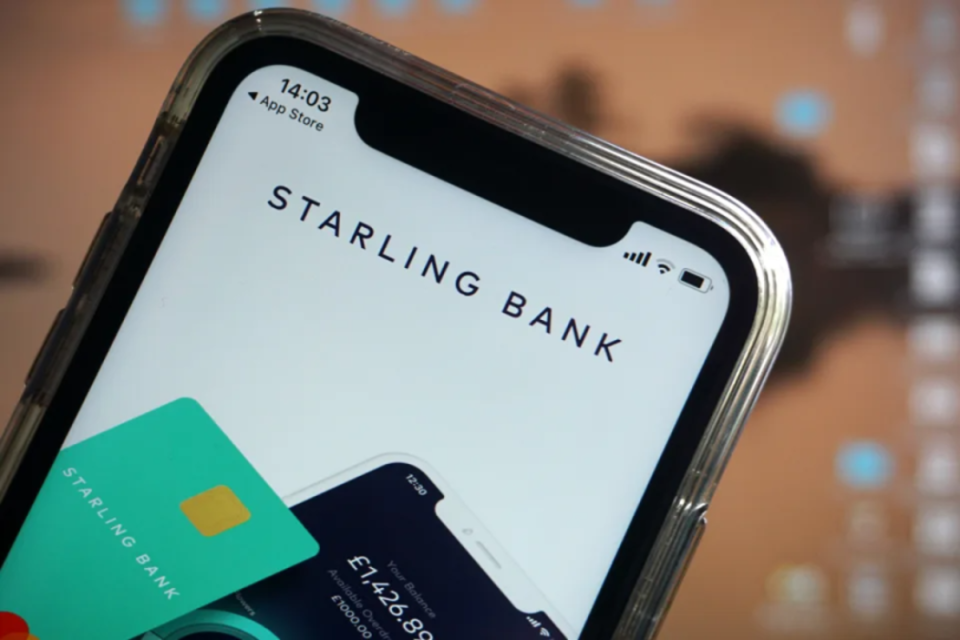Monzo and Starling diverge on European expansion plans

The UK’s two leading digital-only banks, Monzo and Starling, are diverging in their approach to international expansion as they target European markets ahead of expected IPOs.
Starling’s incoming chief executive, Raman Bhatia, said on Tuesday the lender would not reapply for a European Union banking licence after it previously withdrew its application in 2022, four years after it announced its intention to secure one.
Starling will instead focus on the international expansion of its software licencing business, Engine, Bhatia told the Money20/20 conference in Amsterdam – in his first public comments since being appointed in March.
“I am very bullish about this approach around internationalisation of what is the best of Starling,” Bhatia, formerly CEO of Big Six energy firm Ovo, said.
“The proprietary tech versus market by market, idiosyncratic regulatory regime, capital requirements, and building trust and brand extension, which is unproven for any plan.”
Engine white-labels Starling’s software platform to banks in other countries, for which it earns monthly subscription fees. This approach lets Starling reap the benefits of foreign markets without having to obtain new banking licences.
Although still in its infancy, signing its first two clients last year, Engine has shown enough potential for Starling’s second-biggest investor to say it could drive the bank to a £10bn valuation in the next few years. Starling was last officially valued at £2.5bn in 2022.
Bhatia said geographies like Thailand and the Middle East offered “immense” opportunities as he aimed to “double down” on the Engine strategy.
It marks a pivot from Starling’s previous approach to European expansion, which saw it apply for an Irish banking licence as it sought to access the EU market through a retail bank in the country.
Monzo targets Ireland
Bhatia’s comments also signal a divergence from Starling’s peers. Just this week, Monzo revealed that it was in the early stages of setting up an office in Ireland to act as a “gateway” to its expansion into continental Europe.
Chief TS Anil told reporters that he expected to open the office “in the coming months”.
Monzo declined to comment when approached by City A.M. on whether it was seeking an Irish banking licence.
Its European strategy puts Monzo, valued at $5.2bn (£4.1bn) last month, in more direct competition with the continent’s biggest neobanks, including Revolut and Germany’s N26.
London-based Revolut received an EU banking licence from the Bank of Lithuania in December 2021. It now boasts more than 10m retail customers in eastern and central Europe alone.
Revolut’s struggle to obtain a banking licence in the UK underscores the perceived downsides of the costly and time-consuming regulatory process. Approval typically takes one year, but Revolut has been waiting for more than three amid audit issues, criticism of its corporate culture and the delayed filing of its accounts.

 Yahoo Finance
Yahoo Finance 